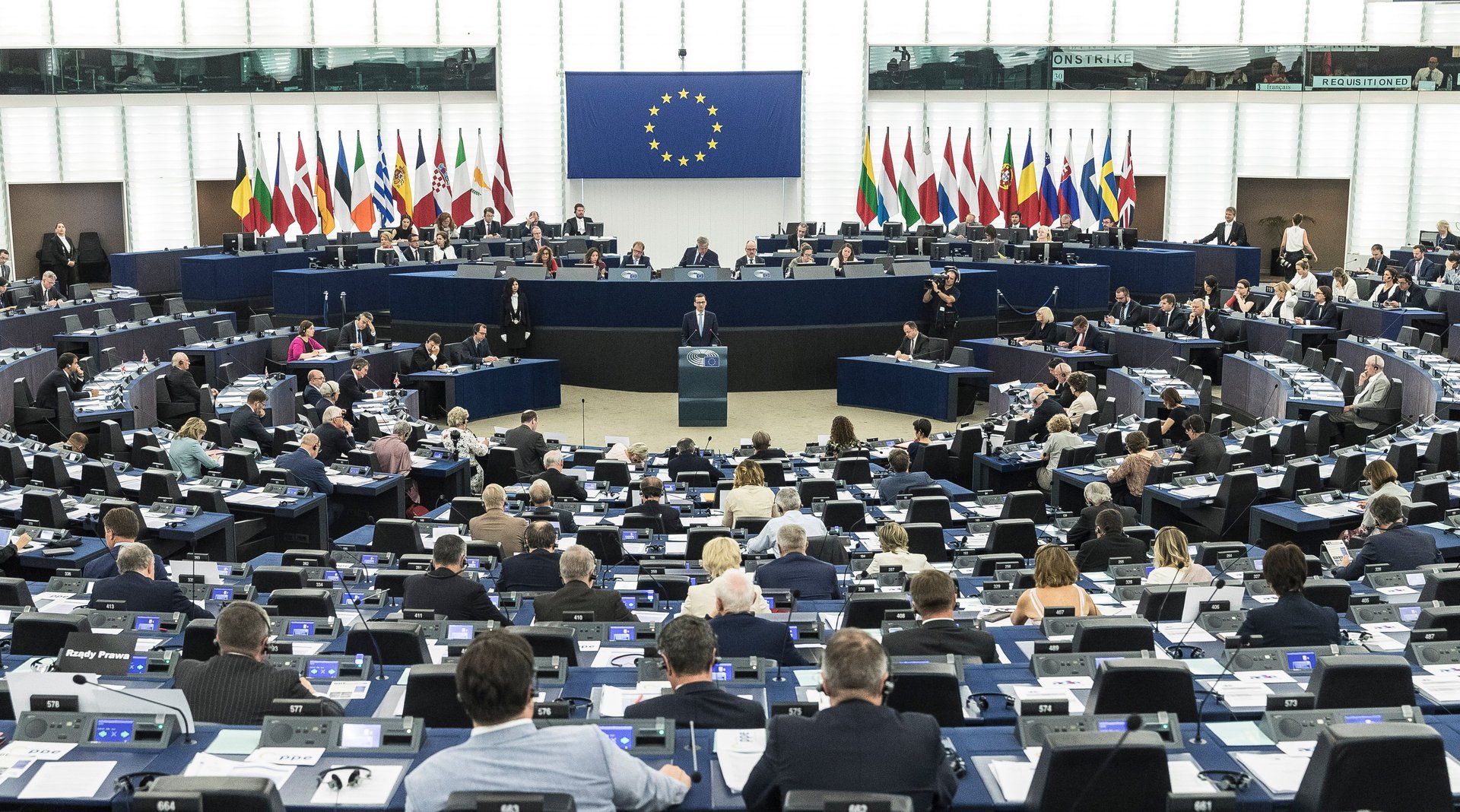The EU just rejected legislation that threatened the open internet
The European Union rejected a piece of controversial legislation today (July 5) that would have made it harder for companies like Wikipedia and Google to distribute content online.


The European Union rejected a piece of controversial legislation today (July 5) that would have made it harder for companies like Wikipedia and Google to distribute content online.
The proposed law, known as the Copyright Directive, was meant to modernize online copyright law, but drew criticism from digital-rights advocates who believed two aspects of the law would threaten the openness of the web. The first, a “link tax,” would force platforms like Google and Wikipedia to pay content creators before linking to their work. The second, an “upload filter,” would require platforms like Facebook and YouTube to check user-generated content for copyright infringement before allowing it to be uploaded to their sites.
Proponents of the reform like Europe’s Society of Authors, Composers and Publishers (SACEM) and former Beatles star Paul McCartney believe the law would put more money in the hands of the creators. But opponents like the European Pirate Party’s Julia Reda believe it will impede the free flow of information online. “[If the law passed], the internet will increasingly come to resemble cable TV, where a few big players control what goes on air,” she wrote in a statement.
Platforms that rely on links, memes, and remixes to fill their feeds had the most to lose if the bill passed. (Wikipedia went so far as to shut down its site in Italy, Spain, and Poland to direct people to the advocacy effort.)
The EU parliament is about to go on summer recess, but will resume debates about possible link taxes and upload filters in September.